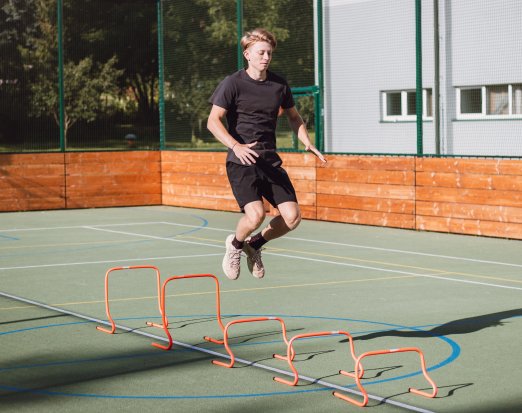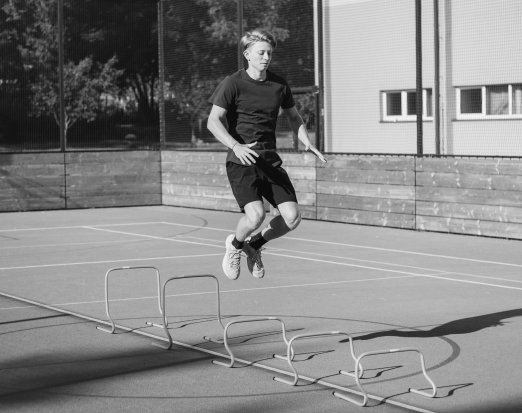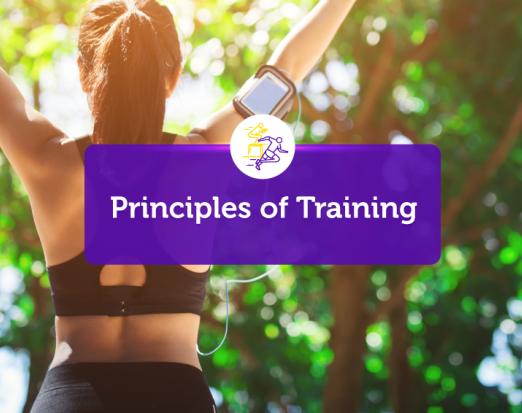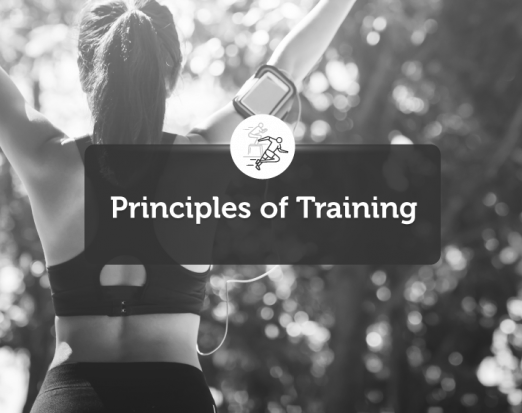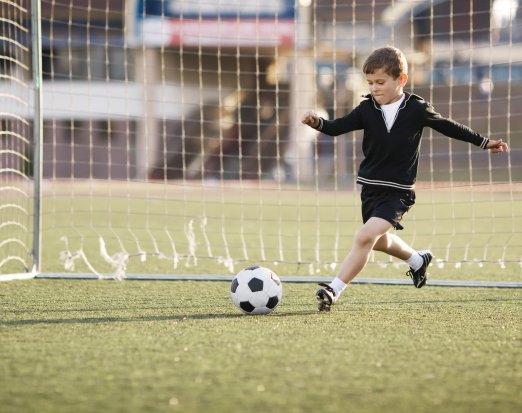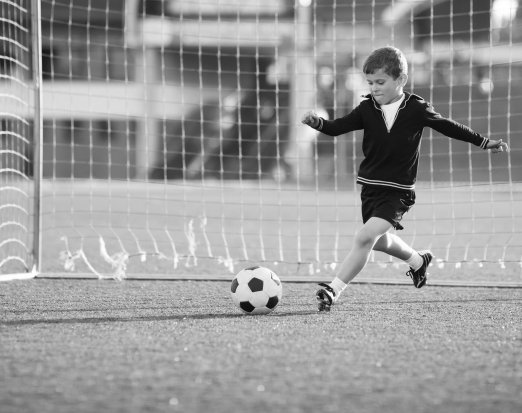How many rest days should you have?
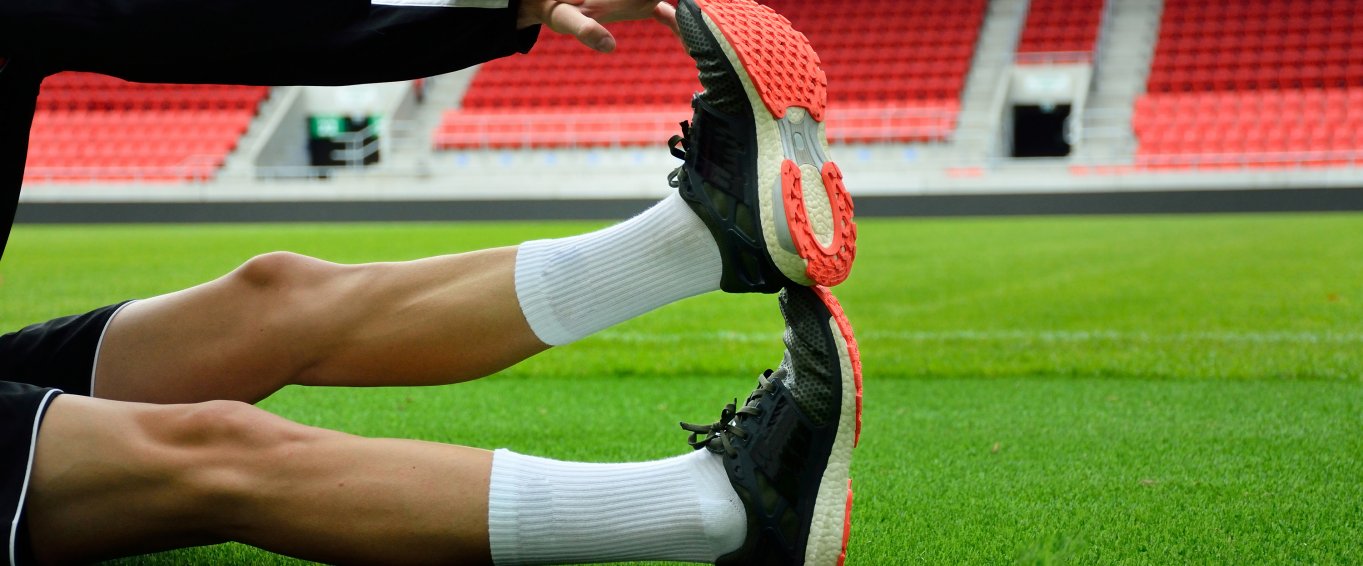
Taking time off may not seem like it could enhance your training, but allowing your body to rest and recover will help you to become a stronger athlete.
After performing at the top level, professional football players experience “post-match fatigue” which means that they need strategies to optimally recover before participating in their next training session and competitive game. These methods including plunging into an ice bath, getting a sports massage and wearing compression tights. However, recovery doesn’t stop there; they will also at least one rest day before commencing their training sessions or any competitive games. This is essential to prevent fatigue, over-training and injury.
Over-training
It’s understood that you must put your body under a certain amount of physical stress to increase physical capabilities and therefore improve. However, too much stress can lead to over-training which has a variety of negative symptoms including fatigue, insomnia, depression, chronic muscle soreness, to name a few. Active and non-active rest days should be incorporated into your routine to prevent over-training and burnout.
Just like professional athletes, our bodies need to rest and recover to help us improve. Here are a few tips to help you make the most of your off-training days.
Active rest days
Often when people think of rest days they imagine lying on a sofa all day, but even on rest days you should aim to be lightly active; after all, movement is part of everyday life!
Activities for low active days include riding a bike, taking a walk or going for a gentle swim. This will help with recirculation of the blood and the removal of waste products that build up during exercise.
Stretching
Completing light stretching, or even yoga, will aid with maintaining your flexibility and mobility and help to move blood around your body. This will help you to feel less sore and increase your range of motion when you go back to training.
Sleep
Sleep plays a vital role in recovery (you can read all about that here) and getting into the habit of going to bed at the same time every night will help both your mind and muscles to recover. The body produces growth hormones when you are asleep to aid muscle development and recovery, so after a good night’s sleep you should feel less achy. However, your body only produces this hormone when your bedroom is dark so try and keep bright tablets, phones and other screens away from your bedroom and have an electronic detox 30 minutes before you want to go to sleep.
Nutrition
The food and drink you consume after an intense training session can also affect your recovery. Choose foods that have high nutrient levels, such as leafy green vegetables like spinach, as these have high amounts of the vitamins that promote recovery. Also, remember to choose good protein sources such as eggs, fish and chicken, as these help your muscles to recover.
As you can see, there is no one size fits all answer for rest days. Take time to recovery properly after a training session and listen to your body.
Don’t miss a post, join our mailing list and receive expert articles straight to your inbox.
